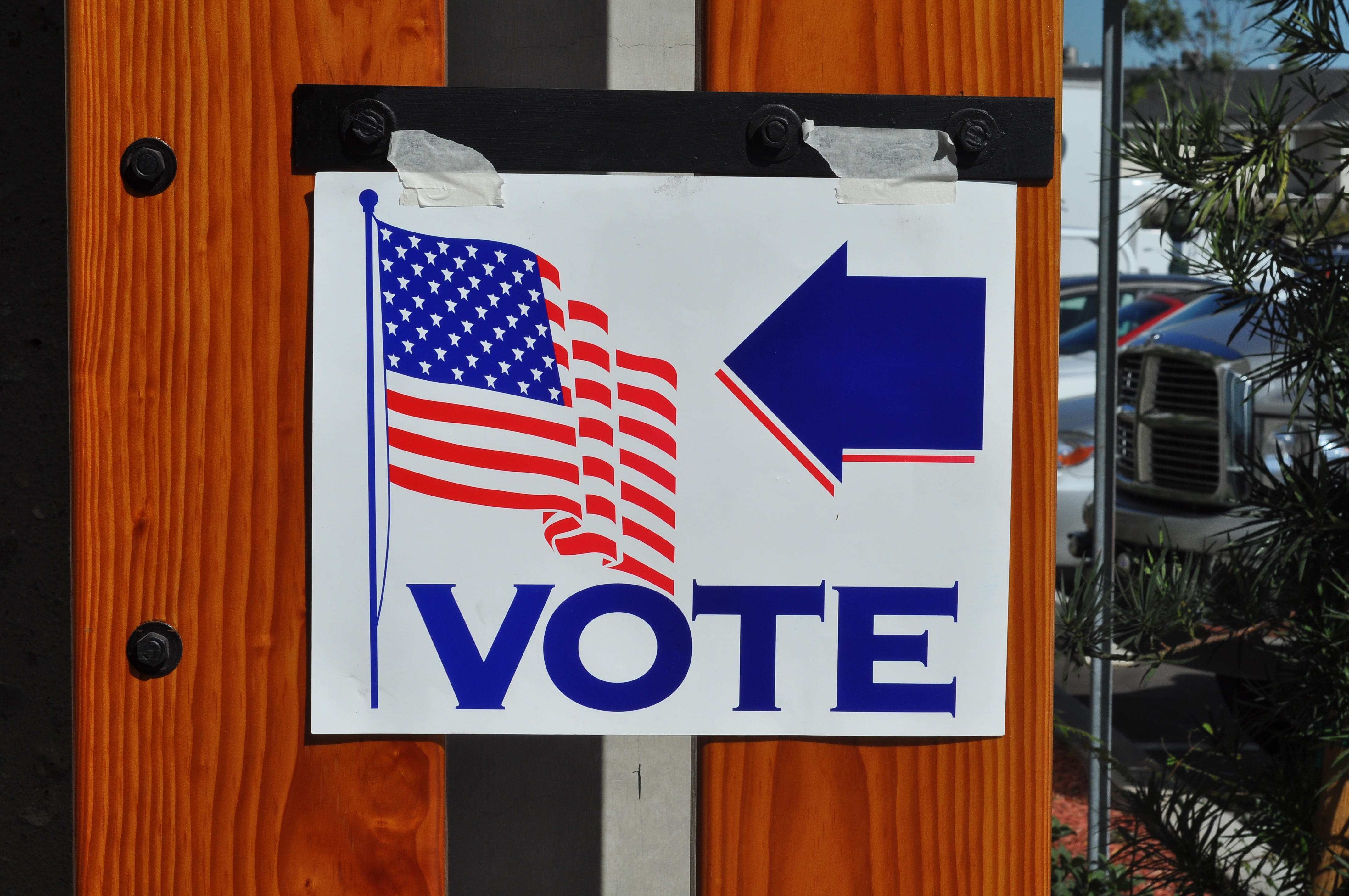Gov. Larry Hogan vetoed a bill this week that would allow felons to vote immediately after being released rather than having them wait until they are off probation or parole. The Maryland General Assembly is already rounding up votes to override the veto, less than a week after it did the same to Hogan’s veto of a law that decriminalized marijuana paraphernalia. In the second assembly session since Hogan’s inauguration one year ago, it is no surprise that Hogan and the General Assembly are already battling it out. However, the General Assembly should really evaluate the consequences of allowing felons to vote straight out of prison before they override Hogan’s logical veto.
There are 11 states in the country that don’t even allow ex-convicts to vote at all, under most circumstances. This approach seems a little extreme considering state laws and the United States constitution provide for the right to vote. However, this does not mean that felons should automatically be allowed to vote immediately upon their release. When convicts are released from jail and put on parole or probation, they are put under such restrictions because they have yet to fully repay their debts to society. In addition, there comes the simple fact that these people were just released from jail, a place where they are put to be isolated from the rest of society. And when people are isolated from society, they aren’t nearly as well-informed as those who live in the outside world. When these convicts are kept from mainstream media and the political realm in general, especially for long periods of time, they are simply unable to make informed voting decisions when given the opportunity. There are people in the country who believe that the voting age should be lowered to 15 or 16 as opposed to 18, and the same principles apply to that case. Young people are like prisoners in the sense that they don’t have the capacity or ability to make informed political decisions. If a convict were to be released from prison and head straight to the polls, there is almost no way he or she would be able to look at the ballots and make decisions based off logical reasoning and arguments.
Think about what would happen if these convicts were allowed to vote. Members of the General Assembly who intend on overriding Hogan’s veto believe these felons have the right to vote regardless of whether they are on parole or probation. In addition, they cite that there are nearly 40,000 ex-convicts in Maryland who are unable to vote based on the current law. But that number can be looked at in the opposite direction when you think of the many ex-cons voting in this state despite being politically uninformed and still in the process of repaying their debts to society.
Though I am only 19 and therefore have only been able to vote once as of now, I genuinely believe in the importance and the right to vote. However, I genuinely disagree with the idea that I should be voting in elections alongside ex-convicts who were recently released from jail. Voter turnout and the results of elections should be based on people going to the polls because they have the right and ability to take such a role in society. I believe the Maryland General Assembly should not override Hogan’s veto and ex-convicts should still have to wait until they are off parole or probation until they can vote.
Kyle Campbell is a sophomore government and politics major. He can be reached at kcampbelldbk@gmail.com.



